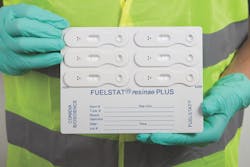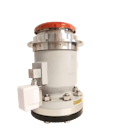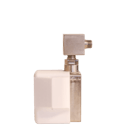Addressing Fuel Storage Contamination Just Got Easier
Fuel and oil distributors continuously face the challenge of detecting and preventing microbial contamination of fuel. This real problem has the potential to affect business throughout the year. Fortunately, Conidia Bioscience Ltd has developed FUELSTAT® Resinae Plus, a simple, fast and effective onsite test to determine whether your fuel stocks are contaminated. Regular testing for microbial contaminants represents sound business practice.
There is growing evidence highlighting the problems caused by microbial contaminants that breed in fuels following water ingress.The introduction of biodiesels has significantly increased the occurrence of microbial contamination. If the issue is not addressed the resulting growth can form a “sludge” which blocks filters, fuel lines and in worst case scenarios, causes tank corrosion. Fuel quality management is, therefore, becoming a major consideration, particularly in the fuel distribution business.
Microorganisms can enter the fuel chain at any stage; living in the water and feeding off the fuel. If left unchecked, prolonged heavy contamination is a very expensive issue. Tank corrosion may require mechanical intervention or complete replacement to rectify the problem, causing significant downtime to repair and clean the tank and ancillary equipment. Most fuel and oil distributors and operators conclude that detecting and dealing with the problem by early testing is an efficient, cost effective answer to managing this risk.
There are a number of tests on the market to determine the presence of microbial contamination but most require a lengthy analysis period or significant investment in equipment and training. Conidia’s FUELSTAT® Resinae Plus will deliver accurate results in 10 minutes. FUELSTAT® is claimed to be the most “simple to use” test available on the market. No special skills are required, and no investment is needed in readers to translate the results.
Dr Joan Kelley Technical Director of Conidia Bioscience advises “It is good practice to monitor tanks by routine testing. This will detect problems early and minimise the need for any expense on biocides and tank cleaning. However, if biociding is necessary, tanks should be retested after treatment as regrowth can occur if there has not been total kill. Do not just test once but look over a period of a month to see if background levels of organisms increase. Such changes will be picked up by Fuelstat®”.
We believe that testing both above and below ground storage tanks should form part of a good fuel husbandry regime in order to ensure quality of product. It also serves to protect the organisation’s assets owing to the potentially corrosive nature of Microbial Contamination.
For more information on Conidia Bioscience or the FUELSTAT follow us on Twitter: @FUELSTAT.




